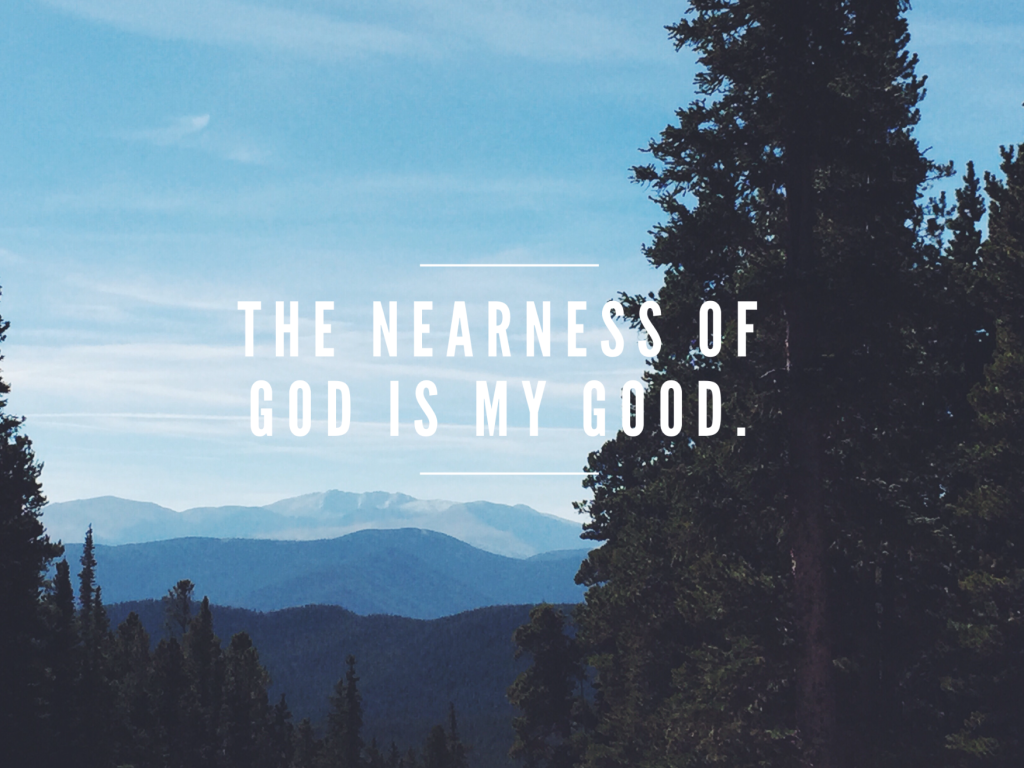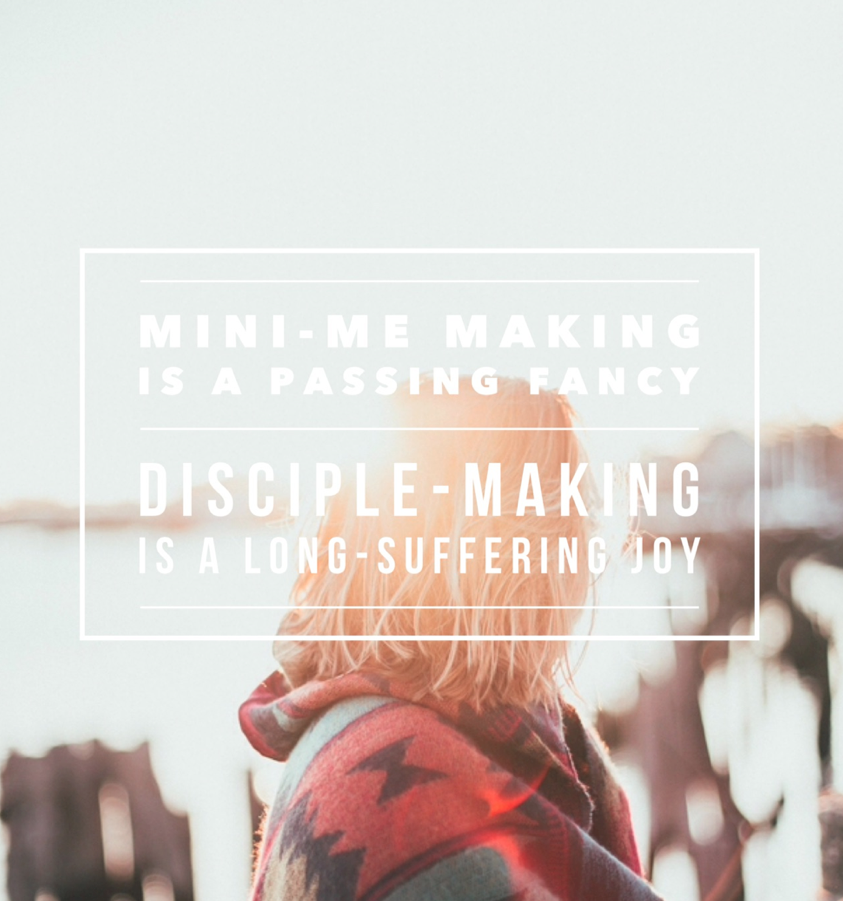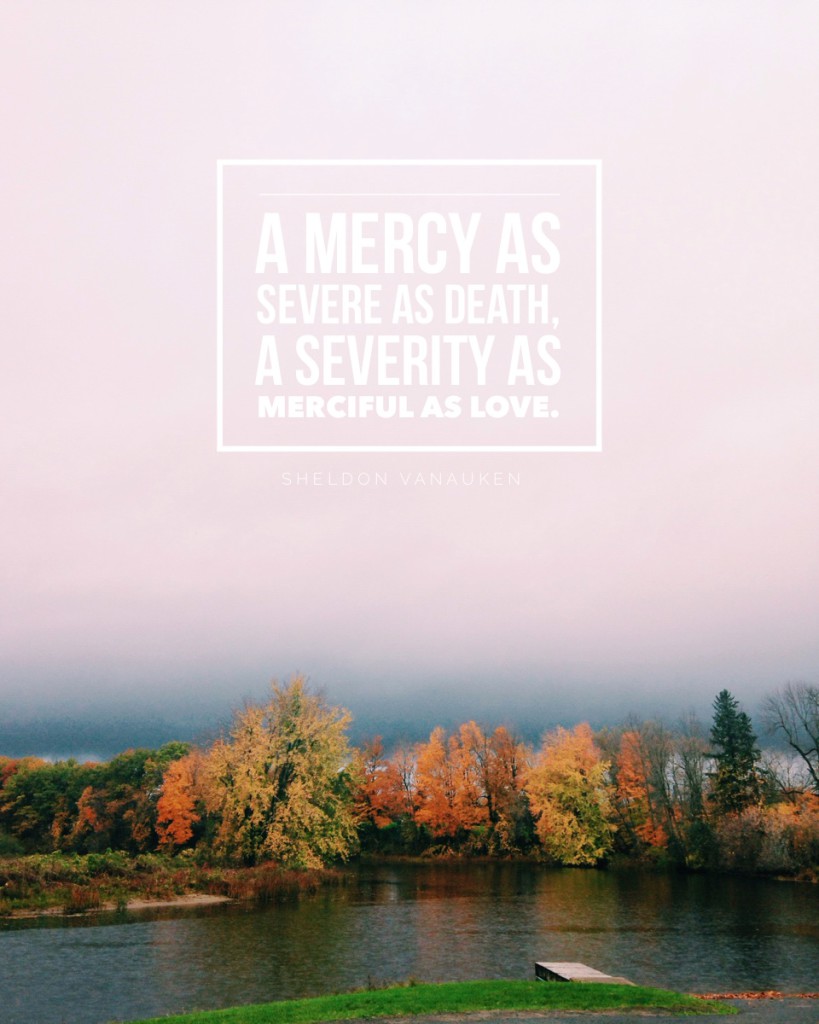We Were Going to Move to Chattanooga
A year ago today Nate and I were standing on the pinnacle of a familiar mountain, a place I called home for years and a place that still holds a piece of my heart. We were quietly dreaming, after a year of crushing disappointments, heart-ache, trauma, and loss. We were asking the questions "What if?" and "Where might?" It was the first time I felt hope in over a year. We made the beginning of a plan that weekend: to move to Chattanooga and settle there.
There's a lot that happened between Labor Day 2016 and Labor Day 2017, but the shortest way to say it is that we're back in Texas, in the place we met and married, but not the place we fell in love.
The place we fell in love is everywhere and everything.
It was honeymooning in the Aspen trees and buying a house on July 4th and learning things weren't as they seemed at my new job and losing a baby we didn't know was beginning and losing his job we thought was certain and coming home to a police-taped home near Thanksgiving and cutting down our first tree together in the Rocky Mountains and witnessing the shooting of a cop on my birthday and and losing the beginning of another life we were sure of and navigating a church conflict we felt blindsided by and being disappointed again and again and again by hopeful job interviews and no call backs and packing all of our stuff again and moving again to another side of our country and losing more money than I'd ever dreamed of even having and living in our second 1800s home with creaky floors and uneven doors and charm and still feeling so alone every single moment. It was bringing home Harper and struggling to find a church home and learning the Chattanooga job market was another Denver job market and our dreams of moving there would not be realized. It was packing again, and moving again, back to the south. It was unpacking in a home we knew wasn't guaranteed or our "forever home" or secure or would be full of children or dreams coming true.
What I'm trying to say is we can make a lot of plans, but our hope is in the Lord and he carries us through—and grows our capacity for life and love within it all.
I get a lot of emails from you, dear readers, asking about love and marriage and singleness and how do you know and what is settling and all that. I guess I just wanted to say to you today: you can make a lot of plans and have a lot of dreams and just envision how your life should be and think it is all somewhat certain. Because you have a certain "call" or a certain "desire" or feel you were made by God for a certain "purpose," it can become so easy to believe life will turn out that way, all you have to do is make the people in it and the jobs you take and the decisions you make fit within that call or dream or purpose.
I want to say to you, friends, that this is a lie. It's a sneaky one because it sounds good to have purpose and to aim for it straight. But the lie is that we think we're somehow owed the life we desire, even if God has not yet granted it and might never do so.
You may feel called to be a mother or a husband or a pastor or a teacher or a writer or a wife or a single or a speaker or a counselor, but a sense of calling does not mean God will fulfill things in your order or way. The way to be a successful wife is not to have the perfect husband, the way to be a successful pastor is not to have a pastor's wife, the way to be a successful writer is not to have a successful book, and the way to be a successful single is not to be undistracted by the opposite gender. No. The way to be successful is simply to be faithful with today.
And tomorrow.
And the next day.
And the day after.
Someday, when you are very old, or maybe not very old, and just in the middle of your life, you will look behind you at a series of crushing disappointments, plans that went awry, ways you felt stolen from and lied to, and you will see the faithfulness of God pressing you into the way of a faithful servant. This is the mark of a successful child of God.
The answer to the questions we're all asking can be summed up with another question: What is the presence of the Holy Spirit inside of you—within the confirmation of Scripture—telling you to be faithful in today?
That's it. That's our answer.
Your life will take many twists and turns and near fails and falters and wins and losses, but if you're pent up inside trying to situate yourself in such a way for success as you determine it, you will feel lost on the way. No matter how strategically you play the pieces of your life, you are not guaranteed the win you envision. You are only guaranteed the win you have been promised in Scripture. The sooner we can all learn things won't turn out like we planned because life is not some choose your own adventure book like we all think it ought to be, the sooner we can rest in the comforting presence of the Spirit, the true promises of Scripture, and the beckoning care of the Father.
Whatever decision it is that's tying you up in knots today? What does it look like to open your hands around it, obey the Spirit (as hard as it might be), and let the trajectory of your life take an unexpected and—perhaps—painful turn? I promise you, no, Scripture promises you! There is the joy of your Master at the end of the story of your life—a story you can't even imagine today he would write for you.
That time we made a plan to move to Chattanooga and didn't.




 I have been reading the book of Job this month and I am encouraged by it in a way unlike ever before. I've struggled with Job in the past, either I didn't want my joy tinged with his suffering or I didn't want my suffering spiraling down more. But God, in his goodness, has me reading the whole book this month and every morning I am struck more and more by the deep wells of truth in it. His friends did some things right and said some things wrong. Job did some things right and said some things wrong. It is not a prescriptive book, it is descriptive of Job's life and walk with the Lord, but it can be a comfort to us in its descriptiveness.
I have been reading the book of Job this month and I am encouraged by it in a way unlike ever before. I've struggled with Job in the past, either I didn't want my joy tinged with his suffering or I didn't want my suffering spiraling down more. But God, in his goodness, has me reading the whole book this month and every morning I am struck more and more by the deep wells of truth in it. His friends did some things right and said some things wrong. Job did some things right and said some things wrong. It is not a prescriptive book, it is descriptive of Job's life and walk with the Lord, but it can be a comfort to us in its descriptiveness.








